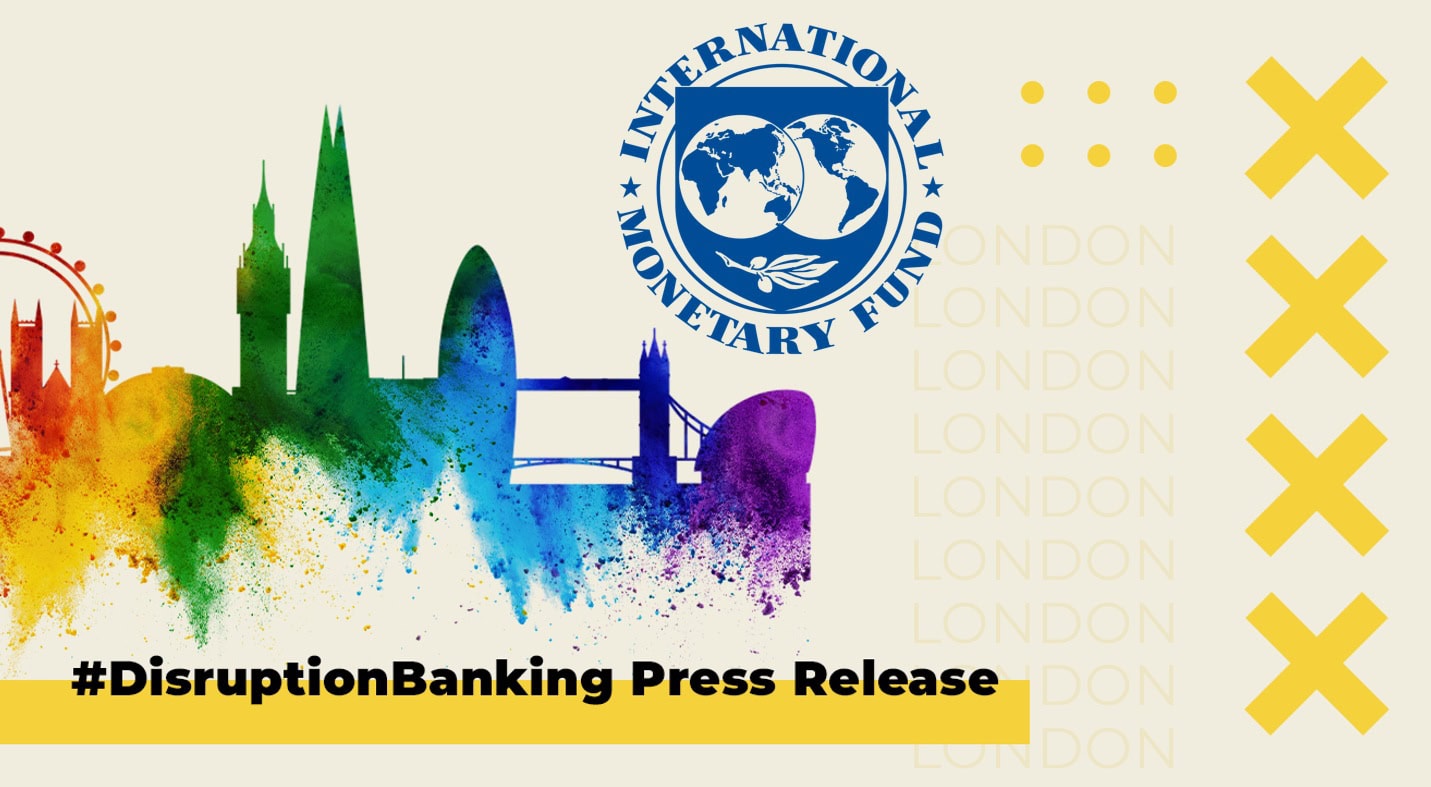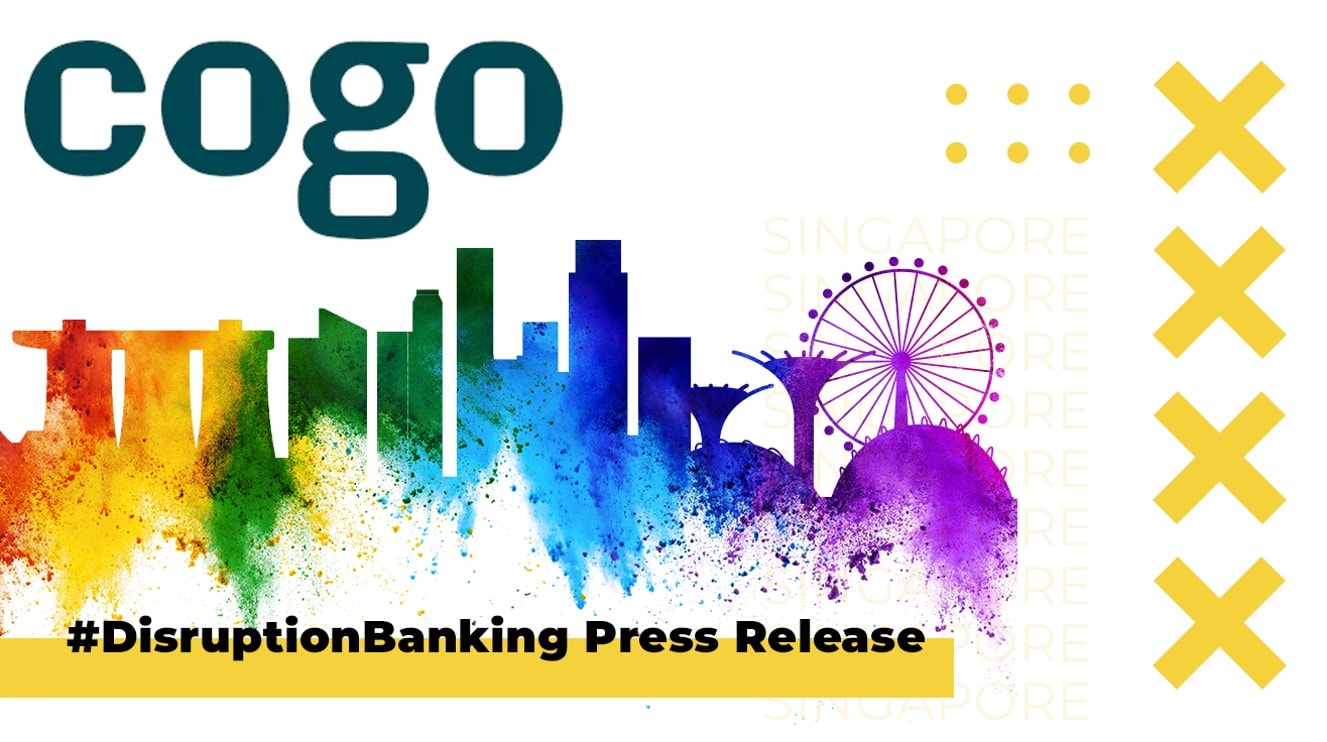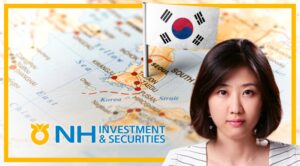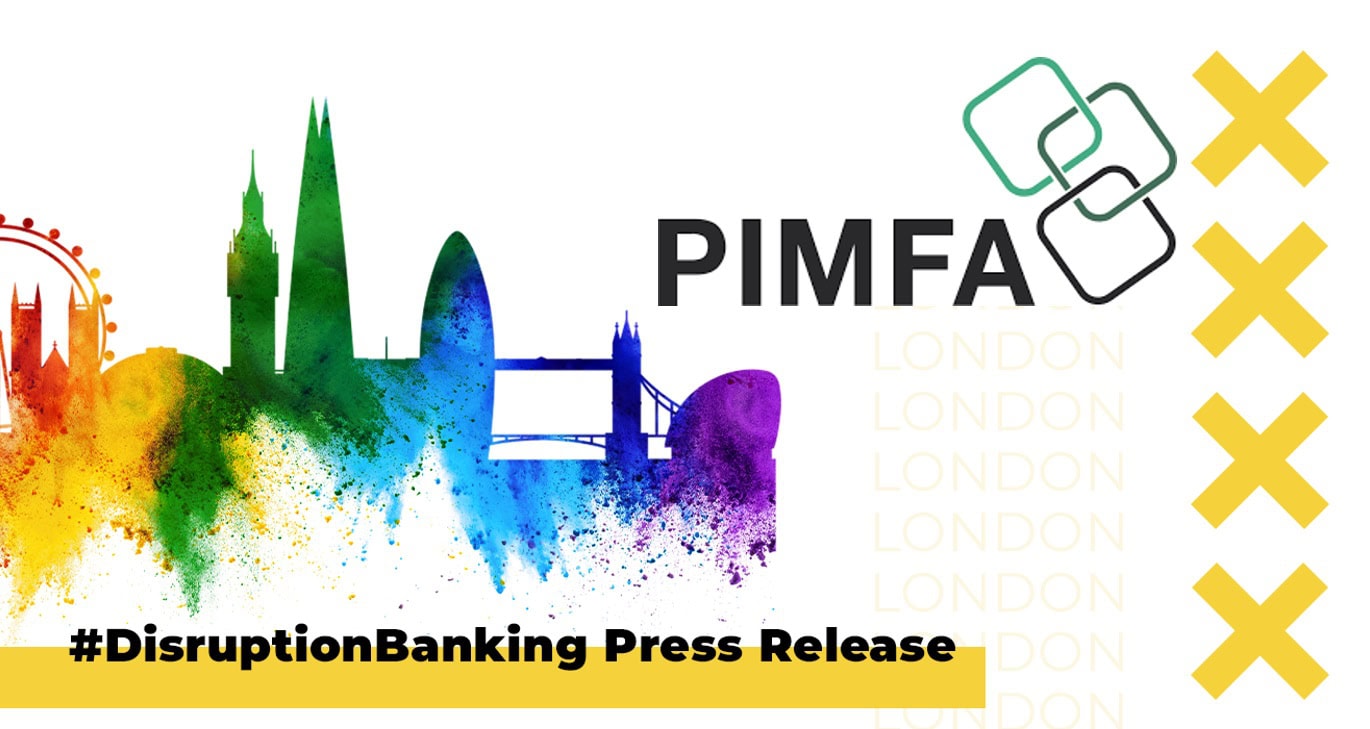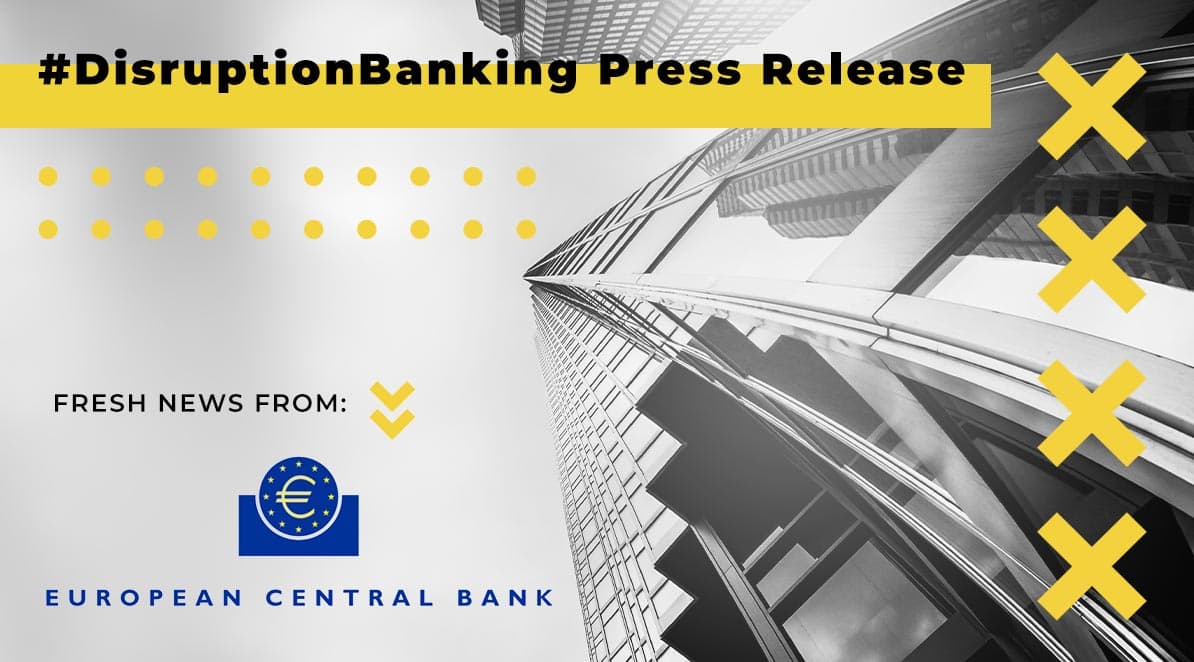Johannesburg, South Africa – November 23, 2025: International Monetary Fund Managing Director Kristalina Georgieva delivered the following remarks at the G20 Leaders’ Summit in Johannesburg, South Africa:
“I would like to thank President Cyril Ramphosa and the Government of South Africa for hosting this week’s G20 Leaders’ Summit, and Minister Godongwana and Governor Kganyago for their leadership in steering a constructive discussion on our shared global economic challenges.
For the first time, G20 Leaders have convened in Africa. Against the backdrop of sweeping policy shifts and deep transformations, a shared common theme emerged: the importance of building resilience.
Global Outlook: Resilience through Domestic Reforms
My headline message today is very straightforward. The global economy is doing better than we feared, but worse than we need.
Better as it has proven resilient to multiple shocks, to trade tensions, and to elevated uncertainty. This resilience is anchored in two factors: a vibrant private sector, and in policies and institutions that have been strengthened over the years, including through coordination in this very forum.
But it is still worse than we need: growth is stubbornly low – below pre-covid levels – and debt is exceptionally high, stifling many countries, especially poorer ones.
Geopolitical tensions, technological and demographic transformations, and frequent severe climate events are contributing to heightened uncertainty and pushing risks up.
In this environment, building resilience is fundamental. And work starts at home.
Governments bear the responsibility for building confidence through credible, predictable, and sustainable actions; for restoring policy buffers and preserving institutional strength; and for addressing domestic imbalances to help reduce global imbalances.
We also need structural reforms to harness the potential of the private sector for growth and clean up norms and regulations that may no longer be necessary.
Policy cooperation
Acting at home needs to be complemented by acting together. Policy cooperation is especially vital in a time of uncertainty.
We do need to ensure that trade, with enhanced rules to reflect the digital economy and our diverse global community, remains a powerful engine of growth.
And that we should continue to help mobilize fresh financing—public and private—for countries in need, which many of us here do. We at the IMF are now enlarging our permanent quota resources by 50 percent. I want to thank all of you who have blessed the quota increase that gives us more power to help our members.
Action on debt must also be more decisive. Good progress has been made under the Common Framework but more effort is needed to deliver faster and more predictable debt restructurings, and we must all step forward when we can. For our part, we have changed our policies so we can more actively help countries reduce debt.
I want to recognize South Africa’s leadership of the G20, and in particular the important work that led to the October Declaration on Debt providing a clear road map for the future.
We at the IMF recognize our own responsibility. We are providing record high level of financing to our members – 50 programs, of which 21 are in sub-Saharan Africa. We tailor our advice to the specific conditions of individual countries and support it with capacity development efforts.
Harnessing AI Opportunities for All
Our work on growth-enhancing structural reforms, on debt sustainability, and on global imbalances is absolutely critical for our members to generate strong and sustainable momentum.
The main reason for slow growth is slow productivity growth. AI can reverse this trend. In our assessment, AI can deliver almost 1 percent additional economic growth. This is remarkable.
But we need to recognize that AI is penetrating our societies extremely rapidly.
Not all countries are ready. We see in advanced economies potentially 60 percent of jobs affected, in emerging markets economies 40 percent, and in low-income countries this is 26 percent. So, AI is like a tsunami hitting the labor market.
What does it mean to be ready? We created an index of readiness that looks into four dimensions.
First, digital infrastructure, an area where India is a champion. Second, skills and flexible labor markets. Third, diffusion – the extent to which AI affects the rest of the economy. And fourth, ethics and regulation.
Where do we stand on these four dimensions? We see a very big spectrum of divergence: few countries doing very well on all; many countries doing well on some; and a group of mostly developing countries falling behind.
So what do we need to focus on? First, on domestic policies that rapidly improve readiness for AI, especially skills development, enabling infrastructure, especially power, and taxation that favors innovation without favoring machines over people.
Second, we need to support developing the common platform for ethics and regulation, spearheaded by the United Nations.
And third, we have to help developing countries not to fall behind. This is essential to ensure that AI is force of prosperity for all.
Thank you very much President Ramaphosa for your leadership and your generous hospitality.
See Also:
IMF releases 2025 Annual Report of the Executive Board | Disruption Banking





